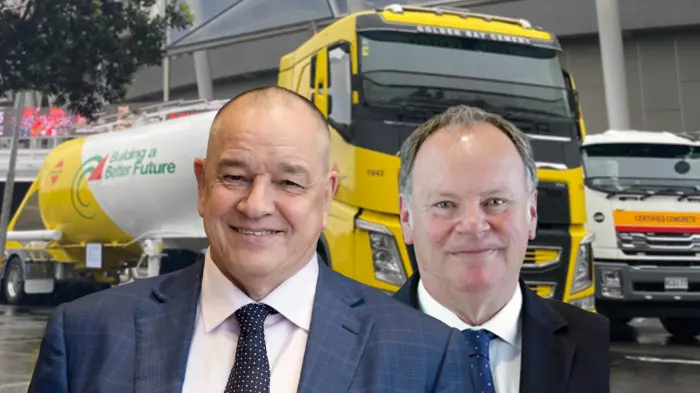Creating a company culture that delivers high employee engagement is the superpower every executive wants.
Just as a small group of Earth's mightiest heroes (The Avengers) act as the planet's first line of defence against threats from the universe, a culture that promotes high employee engagement acts to protect against poor business performance, increased hiring, low retention, and lack of innovation.
A culture that cultivates highly engaged employees is something many New Zealand companies should spend more time getting right.
Why? Because in the words of renowned management consultant Peter Drucker, "culture eats strategy for breakfast". Which is to say, organisational success will occur only if the people putting the strategy in place have a shared culture and vision.
A strong culture exists when the team, from top to bottom, feels equipped to deal with pressure, and is empowered to respond innovatively to challenges, while treating each other with dignity and respect.
Gallup’s State of the Global Workplace 2022 Report showed engagement was rising globally before the covid pandemic, but unsurprisingly, in 2021 it went up by only 1%.
Globally, employee engagement sits at 21%, with Australia and NZ sitting in seventh place, third to last, on 17%. Australasia did, however, record the highest regional life evaluation, with 65% of employees saying they are thriving.
Across the region 59% feel now is a good time to look for a job, compared to the global average of 45%. And in NZ, that number sits at a high of 62%, suggesting employees in Aotearoa are aware they have options when it comes to employment.

Staff feel motivated when they have a clear understanding of their collective goals. (Image: Depositphotos)
What does this mean for company culture? My own experience tells me a strong company culture exists when employees understand the goals they are working towards and have a clear view of how their role contributes to wider organisational strategy.
This understanding engages and motivates staff, who are in turn happier and more loyal to the business.
So, the why seems clear, but mastering the how, less so. With employer brand recognition on the increase, a business's customers and employees have a lot more in common. Staff have more work opportunities available to them than ever before, and organisations are actively recruiting at a time when workers’ views of their jobs are shifting.
The days of sticking to one career until retirement are long gone, and we’re now much more likely to select one that piques our current interests, passions and ideals. This is where employee engagement and organisational culture come into play.
The concepts of culture and engagement can often seem vague. How can you strengthen culture and, by extension, engagement?
Start by clearly defining your culture. Define your company mission, vision, values, and employee expectations. Create channels for employees to be heard, so they can share ideas and add value. Survey your employees to understand what’s working and what’s not. Measure, analyse and share your findings; do this regularly – at least once or twice a year.

It's important to acknowledge hard work and celebrate achievements. (Image: Depositphotos)
Communicate targets to manage team expectations, address the areas where performance is lacking and convey action plans.
Tackle the bottom three issues from your survey results with a decisive plan of action. And don’t forget the top achievements: by continuing to improve at the top you will have a pathway for continued growth. When success is achieved, celebrate it – recognise individuals and teams for their hard work and results.
As leaders, there is often pressure on us to build a great culture. But it’s important to recognise culture is not a goal that can be accomplished with a mandate. Instead, you need to regularly refine the culture; it’s a long-term game, but one that will deliver short-term benefits.
Likewise, employee engagement will fluctuate; this is normal. But as leaders, what you do to celebrate the peaks and overcome the troughs is what is important. To consistently have an engaged workforce, you must constantly invest in culture, leading from the board and the executive all the way through the organisation.
In the current environment where talent is scarce and competition is high, every business leader needs to find their culture superpower.











